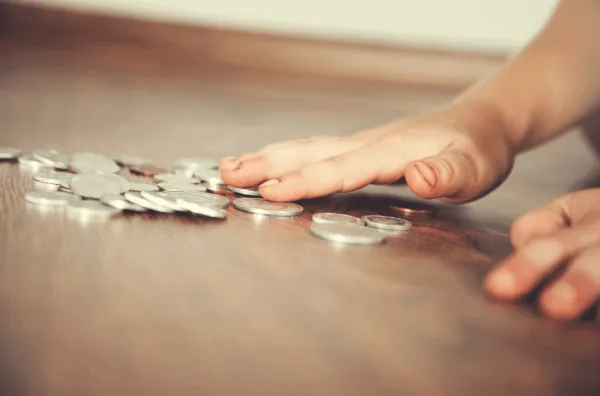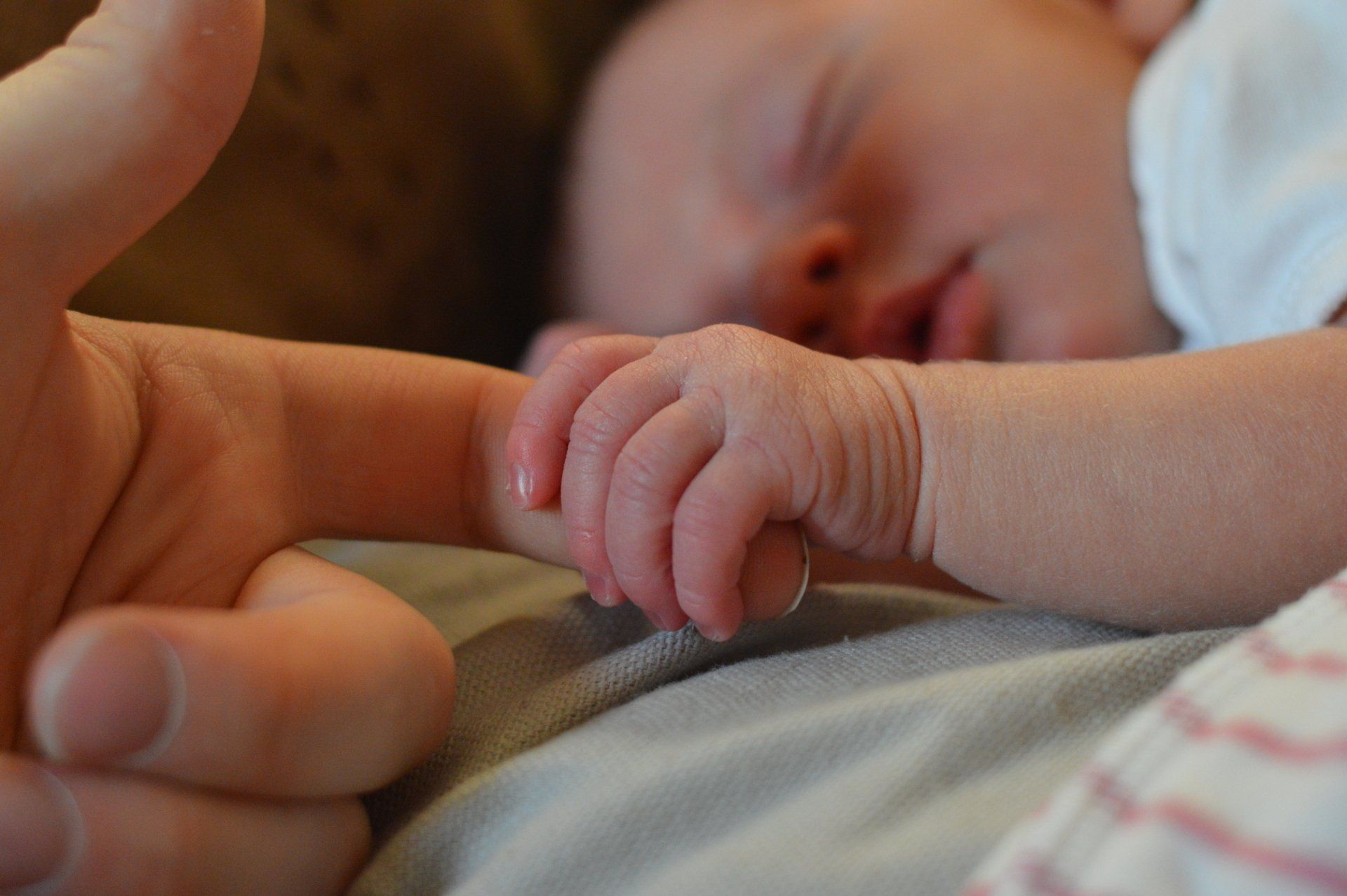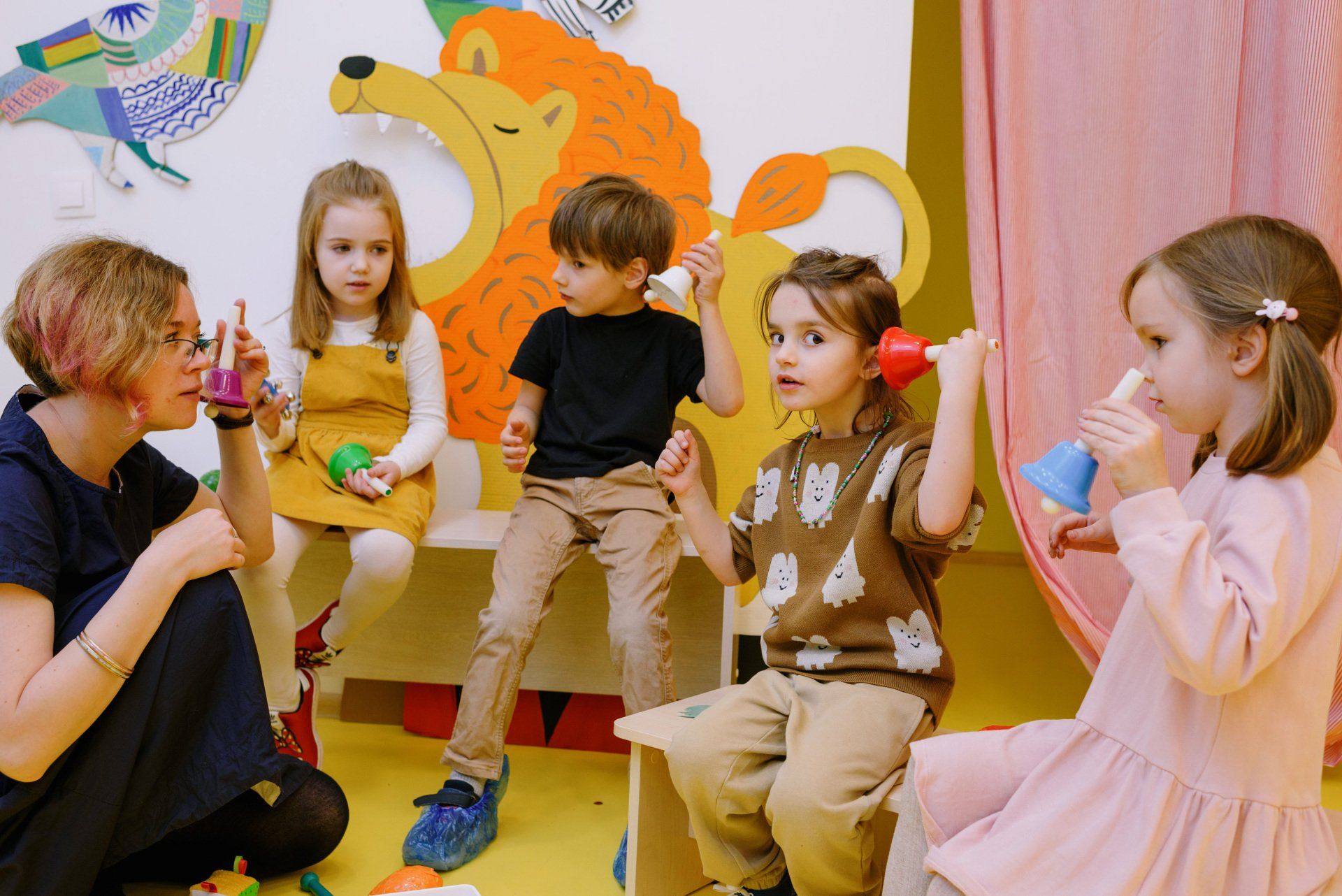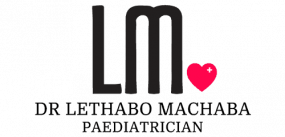What to do if your baby swallows harmful substances or objects?
HELP - MY BABY SWALLOWED BLEACH!
As a paediatrician it’s not uncommon to receive calls from panicked parents whose children have indulged in things they are not supposed to.
Young children are naturally curious and every parent has had to remove random things from their mouths or ask multiple times that they spit it out.
But what to do if your child actually swallows something of potential danger? Medicines they are not supposed to be taking? Cleaning or cosmetic products?
Poisons can be divided into: swallowed poisons, inhaled poisons, absorbed poisons (through skin or mucous membranes) and injected poisons. In this article we will focus on swallowed poisons.
It’s important to stay calm and not to scream at the child. Rarely will a child drink large amounts of liquids like bleach and other similar products. Usually they are just experimenting and once they realise how it tastes, they are probably not going to continue. Swallowing small amounts might cause irritation to the mouth and vomiting but usually nothing more serious than that. It’s usually okay to give the child a small amount of water or milk and monitor afterwards if there are no danger signs as listed below, but if you are concerned or unsure, contact your doctor as soon as possible.
First steps to take if your child swallows a harmful substance:
Firstly, get whatever item it is away from the child as quickly as possible and if there are any remains left, remove it with your fingers or tell them to spit it out. Try and establish how much was taken and the time it was taken.
Keep the bottle or container so that if necessary, a doctor can see exactly what was swallowed and how much of it.
There is a Poison Information Centre you can contact to get information on the ingested poison, otherwise contact your doctor.
Contrary to popular advice, don’t try to make the child vomit as this can do more harm to them. The substance could cause damage to the throat or some of the vomit might end up in the lungs.
Always get help immediately if you notice any of these danger symptoms:
- Drowsiness or unconsciousness.
- Difficulty breathing or no breathing.
- Seizures or convulsions.
- Severe vomiting.

What about objects like coins?
If your child swallows a small object like a coin or small bead and shows no immediate symptoms, keep your eye on them for at least 24 hours. In some cases, after further evaluation and X-rays, these objects may need to be removed surgically. If you notice any of these danger symptoms contact your doctor/paediatrician immediately:
If you notice any of these danger symptoms contact your doctor/paediatrician immediately:
- Vomiting or drooling.
- Gagging.
- Not eating.
- Coughing.
- Chest pain.
If they happen to swallow a battery, this calls for immediate attention – go to the hospital as soon as you can. Batteries and even fridge magnets can cause serious damage to a child’s esophagus and gastrointestinal tract. An X-ray will be taken to determine where the object is and if it is in the esophagus, it will need to be removed with surgery.
Safety first
A lot of these accidents can be prevented by keeping hazardous liquids and objects far from where children can reach them. Keep all bottles labelled so you know exactly what the contents are and watch out for objects that can cause choking. Look around the home at your child’s eye level and you might just notice things you never noticed before.
Share this post
Recent Posts


Leave your little one's health in good hands.
Track your child's growth and development, or assess arising health issues with a paediatrician you can trust.


